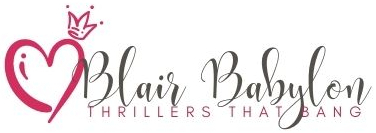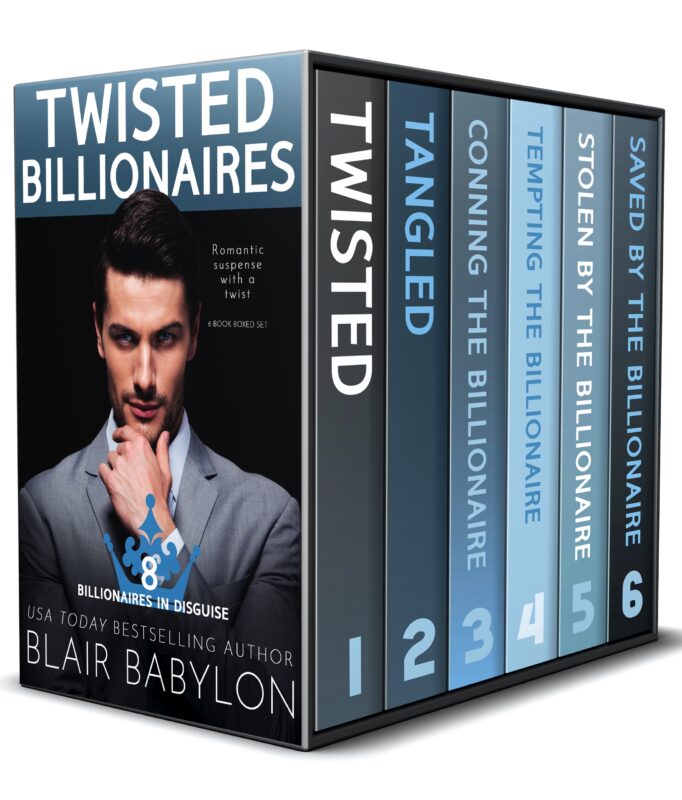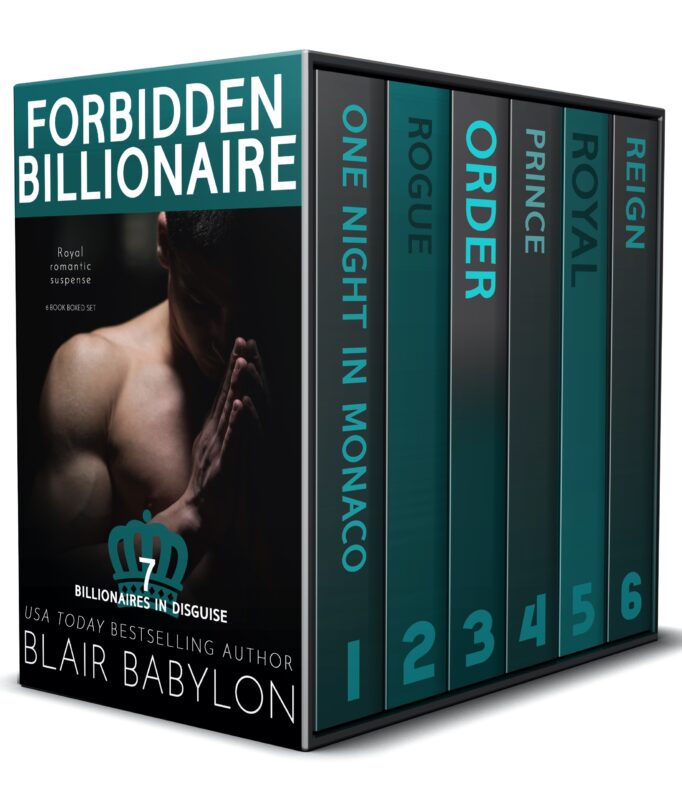I wrote the following post on a now essentially defunct site called KBoards in mid-2017. (I know it's still there. It's changed hands, and the new owners have added unethical and unacceptable language to the TOS. Most writers won't go there anymore.) Everything in it is still the gods'-honest truth. I've updated the numbers at the beginning for accuracy's sake.

I started publishing in 2013. I have the equivalent of 22 novel-length titles out there, I think. (All my short stories = 1 “novel.” Several are tied up in 4-book mini-series that are very, very tightly linked, practically serials.) I broke 6-figures in 2015 (squeaker) and 2016 (better.) My covers aren't very good because I make them. I do that because every dang time I spend $5000+ on all new covers, my sales tank. So I persist. (UPDATE: I have finally found a cover artist who doesn't think I'm crazy. We're getting along smashing. Note all the pretty new covers on this site and the ebook stores.)
[Other people who posted above] have excellent, excellent advice, and y'all should be heeding that advice with all your hearts. Anyone who isn't making 6-figs and wants to should be taking notes on those posts and figuring out to-do lists.
Yes, you need to tell a good story, and you need to write it so that people can understand it. You need a cover with proper genre clues and a good blurb.
But you need to do more.
Here's what I've gathered: of the authors who routinely break six-figures, most of them do 3 or more things very, very, very well, like world-class well. These 3 or more things vary widely from author to author. No one does everything because they would die trying, and everyone does different things.
N00b authors get frustrated when successful authors say, “This is how I'm doing it.” And then another one says different things. And then another one says different things. And then someone else says, “I tried that and it didn't work.”
The thing is, *they're all right.* Each successful author does a couple things really, really well. Other authors try the same thing and then suck at it, so it doesn't work for them.
When PBC tells you what she does, you should listen. They're a genius at several of the items below. Ditto with Deanna Chase.
Here is an incomplete, poorly written, and unordered list of some things that it seems to me that high-level authors often do:
– Write dang fast. Publish very often. At least 3 full-length books a year. Preferably 4 or 5. Up to 20. Many high-level authors do 10-12. (But not everyone does this. I know several people who publish 1-2/year who are 6- or 7-figs.)
– Deep backlist of at least 20 books. Sometimes over 50. (Again, not everyone. Some people have 3 to 5. I had under 20.)
– Early adopter who leaps at new opportunities for promo, markets, forms. Many of these people got into indie pub early, into audio early when the ACX contracts were still favorable, early KU, etc. I hit Google Play early, back when you still had to upload a spreadsheet with the metadata, before they had the Dashboard. There are new opportunities out there. You have to find them and then not hesitate for even a minute.
– Innovative at finding new audiences, new markets, new opportunities. I remember Ed Robinson when he serial-podcasted his books.
– Aggressive reader recruitment thru ads, sales, newsletter building. I'm doing this.
– Do something every month, or maybe two/month: new release, boxed set of backlist, Bookbub, audio book release, other sales, major cross-promo, multi-author boxed set. I try to keep this up. I slowed down in the second half of 2016 due to personal pressures, and my sales showed it. I got back on track for 2017 starting in March, and my sales show it.
– Leverage intellectual property with audio, foreign language translations, movie rights, game rights, etc. (Many of the slower writers do this very well.)
– Cross-promo organizers and mavens. Several people have built careers with this, including myself.
– Advertising geniuses. Positive ROI on ads. Runs tens of thousands of dollars in ads/month. (Don't tell me you can't afford it. Fine. Do other things.)
– Branding. Compelling branding, covers, blurbs that draw people in for that first buy.
– (1) High concept stories or tropey stories or niche stories or provocative stories (“the Mind-[Expletive]”) AND (2) very well-executed/well-written/are so engrossing that readers chew through *all* their backlist within a few months after discovery. A high percentage of readers become auto-one-click fans/creepy stalkers. This is probably one of the most important.
– SERIES. Friends don't let friends write standalones. And then write a substantial number of books in one sub-genre before branching out.
– For wide authors: price books at $3.99 or higher. Free and 99c is for backlist promo, loss-leaders, and suckers.
– For KU: rack up enormous pagereads and get bonuses. Worry less about sales, buyers, or price.
– Form relationships with retailer(s) for promo placement.
– Publicity geniuses and/or relationships with PR people and/or other very big-name authors who help them get really good placement on major newspapers/blogs.
– Secret pen names that contribute a lot to the bottom line. You may think some writers only publish 2 books a year, but you don't know about their 2 other pen names or co-author pen names in other genres or sub-genres where they publish 2 or more novels each per year, and ALL of those pen names have a release/sale/boxed set/backlist promo on most months. I'm starting this later this year.
– High reader engagement on social media. Large presence on social media, usually with multiple platforms. (Again, certainly not everyone, but some authors are really good at it and achieve synergy over multiple platforms.)
– Leveraging social media/social proof with Rafflecopter or other methods.
Again, you don't have to do all of those. Indeed, I don't think anyone can do all of those. But most high-level writers do several of those things very, very well.





